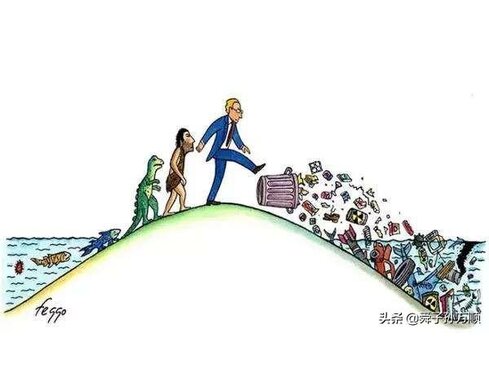
Trash Talk: A Comparative Look at DFW's Waste Management
As the world nears 8 billion inhabitants, most of which will feed into a linear consumption crazed economy, the need for adequate waste management is crucial. When consumer goods are produced with short life spans and are expected to be disposed of, trash problems ensue. Many questions arise when pondering the rubbish realities. Who should be held accountable? Who is responsible for reducing waste? What are the different ways in which to process waste? Who is then affected by these processes? Each of these queries is explored below. Options for waste are most commonly landfilling, recycling or composting, which each have their difficulties and shortcomings. It is vital for the United States to enhance domestic waste processing and recycling capabilities in order to reduce reliance and strain on other nations, specifically China, who has now refused to accept materials. Alas, there is much to be learned from global waste management leaders like Sweden and Japan. Furthermore, there is much to be examined in developing parts of India and Bangladesh who are developing their own systems. There are additional considerations when studying waste, such as residential versus commercial production and systems, and the feasibility of sustainable alternatives. Moreover, environmental justice cannot be overlooked in accordance to waste processing, which tends to disproportionately harm certain populations. This collection looks at the Dallas-Fort Worth area through a local and global lens. DFW is an amalgamation of megacities and suburbia, with rural outskirts not too far away, making it a great subject to examine. Both Dallas and Fort Worth have laid out long-term future plans for their respective localities, with diversion and reduction efforts. It is inspiring to strive for “Zero Waste by...” goals, but a holistic restructuring and redefinition of waste and moving towards a circular economy is key for sustainability and longevity.